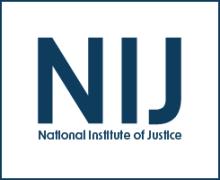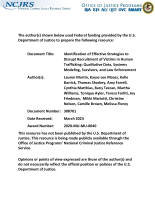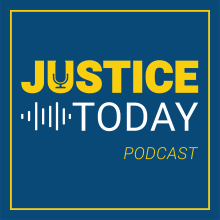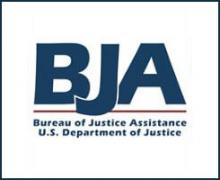Examining the Impact of Victimization on Girls' Delinquency: A Study of Direct and Indirect Effects
Date Published
2019
Agencies
NIJ-Sponsored
Publication Type
Research (Applied/Empirical)







